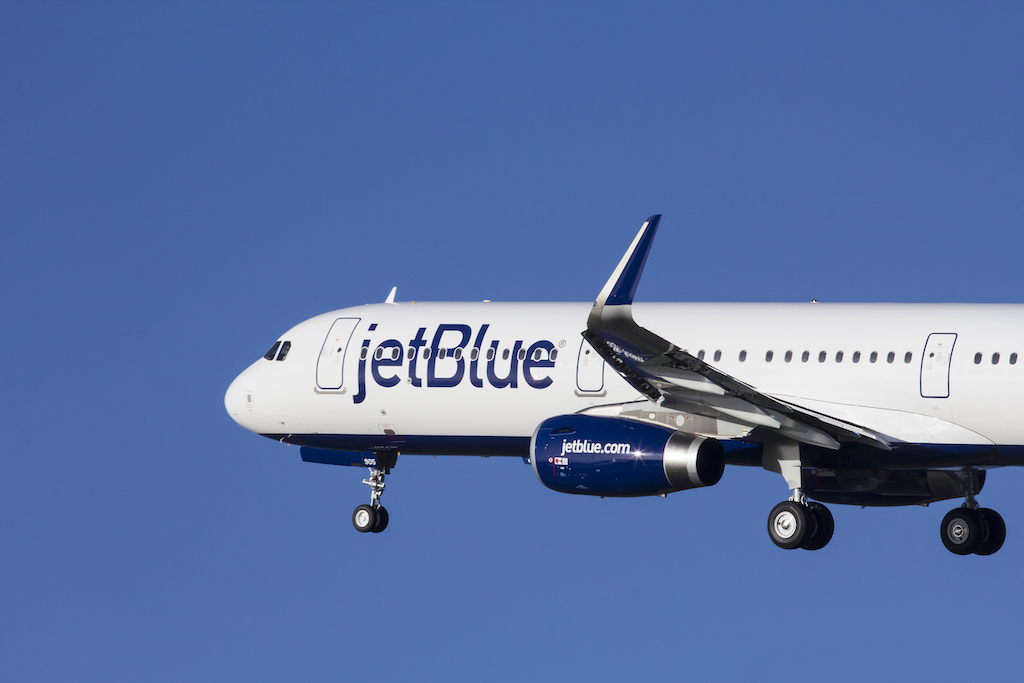
A federal judge has intervened to block JetBlue Airways’ proposed acquisition of budget carrier Spirit Airlines, delivering a significant victory for the Justice Department under the Biden administration. The legal action, initiated by the Justice Department, contended that the merger would lead to increased fares, particularly impacting price-sensitive consumers. JetBlue’s ambitious $3.8 billion purchase aimed to create the nation’s fifth-largest airline, positioning itself for better growth and competition against industry giants like Delta and United.
The decision, handed down by a federal judge in Boston, stands as a notable success for the Justice Department’s robust stance against deals perceived as anticompetitive. According to the lawsuit filed in March, the Justice Department argued that JetBlue’s plan would eliminate the unique competition provided by Spirit, constituting about half of all ultra-low-cost airline seats in the industry. The outcome, therefore, safeguards consumer interests by preventing potential consequences such as higher fares and reduced options.
Following the announcement of the decision, Spirit Airlines’ shares experienced a significant decline of 60%, while JetBlue’s shares fluctuated between gains and losses. Both airlines refrained from immediate comments on the decision, leaving the industry and stakeholders awaiting their response.
JetBlue’s strategic plan for the acquisition was centered around gaining access to Spirit’s similar fleet of Airbus planes, positioning itself for rapid growth during periods of plane and pilot shortages. The potential synergy between the two carriers was emphasized as a means to compete more effectively against the dominant forces of United, Delta, American, and Southwest, which currently control approximately three-quarters of the domestic market.
This legal setback now presents New York-based JetBlue with the challenge of reassessing its strategic direction. The incoming CEO, Joanna Geraghty, who was recently announced as the successor to CEO Robin Hayes, faces the task of steering the airline in a new trajectory. The airline’s operations in densely congested airspace, particularly in cities like New York, underscored the significance of its intended use of Spirit to access additional routes and travelers.
JetBlue’s original plan included remodeling Spirit’s distinctive yellow planes by removing branding and seats, transitioning them into a more comprehensive and full-service model. Spirit Airlines, known for its rapid growth through offering affordable fares and charging fees for various services, now faces an uncertain future following the legal impediment to its acquisition by JetBlue.


















